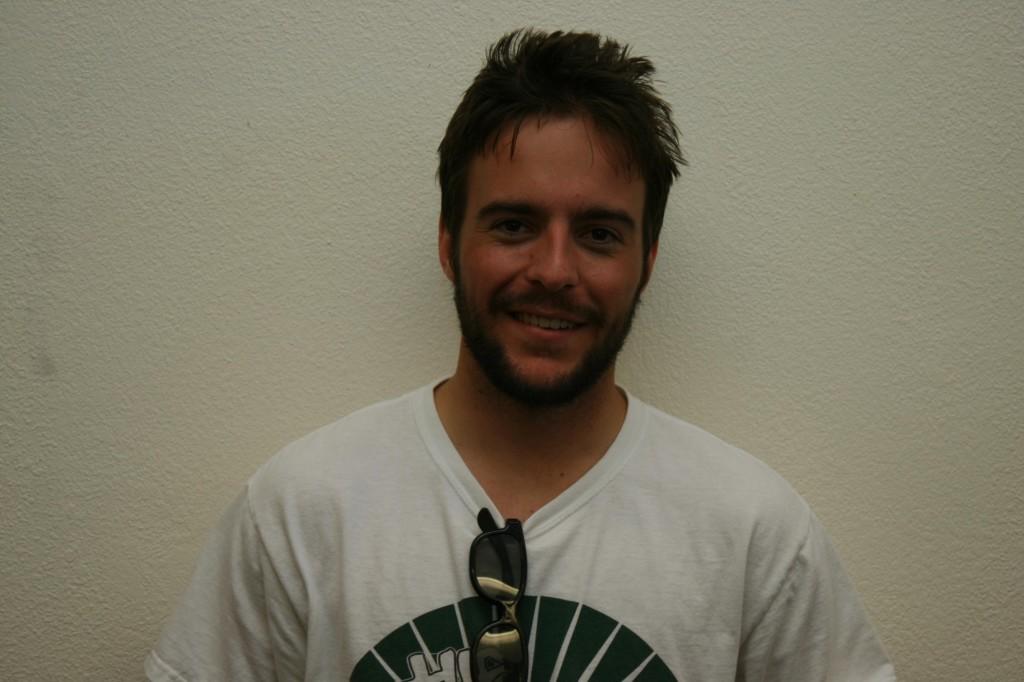Masculinity is a religion that most men adhere to at one point or another. As I recall, at the age of 8, I was mesmerized by men who danced around in leotards and giant transforming robots on my TV; thus my concept of manhood was born.
My father, amused by my childish notions of masculinity, nurtured this love of performance art until he felt it was time to propagate the “correct” concept of masculinity. A concept of masculinity, in its many incarnations, that leaves its practitioners with a lack of identity.
We, as DVC students, see this inadequacy of identity in culture mediums, ranging from language to profession. According to sociologist Jackson Toby’s hypothesis on “Violence and the Masculine Ideal,” at the core of these characteristics, lies a deep seated fragility; masculinity, among men, is defined not by what you are, but what you have done.
No matter how many touchdowns, no matter how many one-nighters you pull, no matter how amazing your interior designs skills; in the end, none of these actions or “achievements” truly last in the eyes of our peers.
In other words: the ladies, gentlemen, are not impressed.
Most advertisements, pop songs, and culture of our generation; how we do, Imma be, Old Spice slogans that capitalize on the enduring quality of men to adapt to a constantly changing environment, all are clever ploys to exploit and profit off of a man’s inclination to feel “manly.” For most men, this fragility is often shielded by aggressive displays of asserted dominance. I remember my first experience with bullies, the names, the harassment, the wedgies to glean from me the last of my lunch money.
This alternative of aggressive action, as explained by The Messerschmidt Theory, becomes an acceptable approach if other methods are not initially successful. These aggressive displays of dominance (false confidence), are attributed to men considered as “tools.”
When masculinity is recognized for its more positive qualities of independence and confidence, it will stop being associated with violent, insecure behavior?
Qualities that can be expressed through nonviolent methods that allow men to be respected rather than ostracized for their behavior. Exactly why, when discussing with my man friends, or “mands,” the trials and tribulations of Jane Austin’s Pride and Prejudice trilogy, that I can express my own interests whilst the conversation inevitably careens to a no-holds barred verbal jousting of whether or not the Giants will take the season if Brian Wilson shaves his beard.
To avoid ostracism and exploitation, men and their masculinity deserve, as stated by Andrew Romano of The Daily Beast, a “reimagining of what [men] should be expected to do in the two realms; home and work”; to liberate themselves from conditioned roles and professions to pursue opportunities that arise in the changing environment.
Not that wielding a makeshift shotgun whilst spouting obscenities and dressing like a cultural sociopath is not “manly.” I love Bruce Campbell as much as the next guy. But masculinity should be less of a religion and more of a belief, a belief that men are born men with enduring qualities of independence and confidence that women everywhere can have faith in.





































































